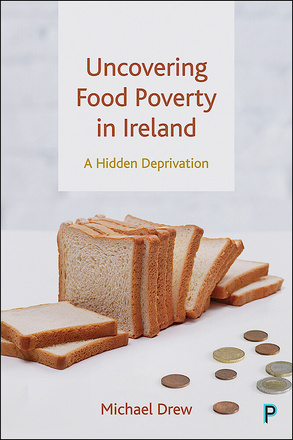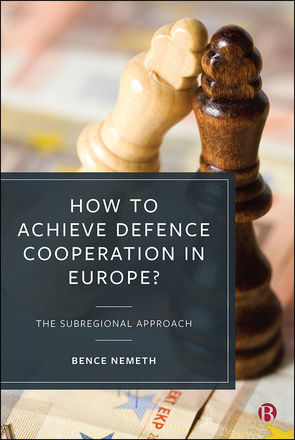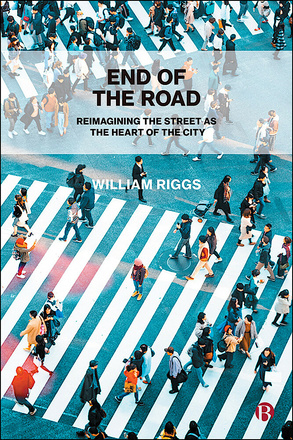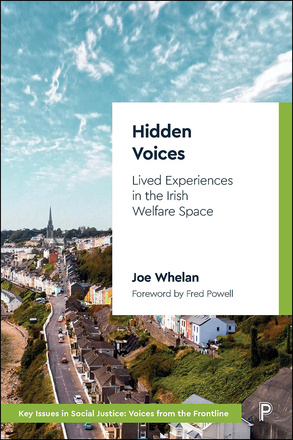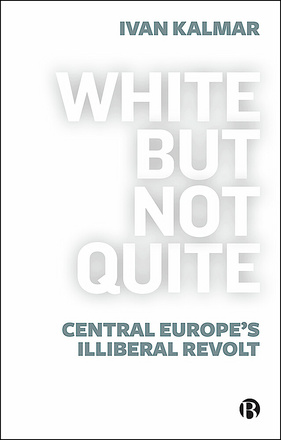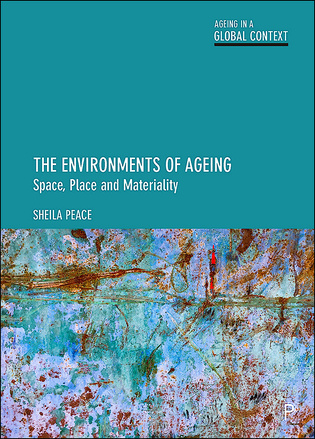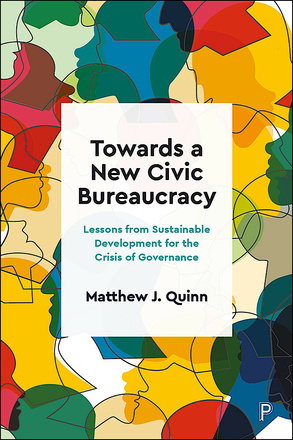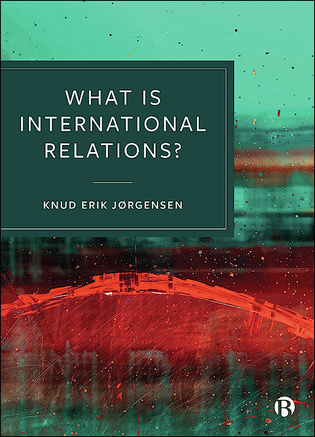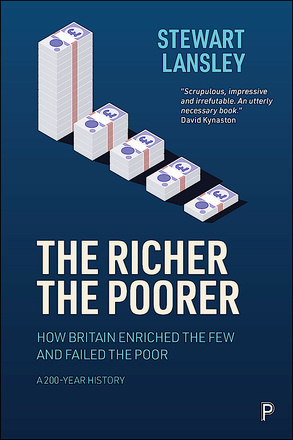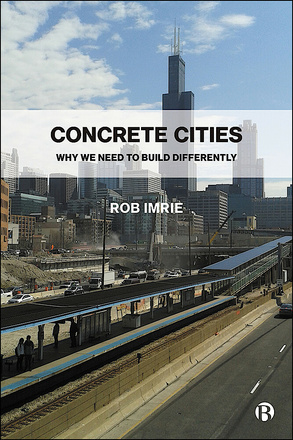International Development - Research
Uncovering Food Poverty in Ireland
A Hidden Deprivation
Offering a much-needed analysis of the overlooked crisis of food poverty in Ireland, this book brings together the complex picture emerging from interviews with users of food aid, explores the international landscape of food poverty and what action should be taken.
- AvailableHardbackGBP 85.00 Add to basket
- AvailableEPUBGBP 29.99 Add to basket
How to Achieve Defence Cooperation in Europe?
The Subregional Approach
This timely analysis of security in Europe identifies the factors that enable and hinder the creation of networks of defence cooperation across the continent.
- AvailableHardbackGBP 80.00 Add to basket
- AvailableEPUBGBP 27.99 Add to basket
End of the Road
Reimagining the Street as the Heart of the City
This book offers a unique look at streets as locations that can evolve to support the economic, social, cultural and natural aspects of cities. It focuses on how the power of streets can be harnessed to shape more dynamic spaces for walking, biking and living and stimulate urban vitality and community regeneration.
- AvailablePaperbackGBP 26.99 Add to basket
- AvailableHardbackGBP 85.00 Add to basket
- AvailableEPUBGBP 26.99 Add to basket
Reflections on Post-Marxism
Laclau and Mouffe's Project of Radical Democracy in the 21st Century
First published as a special issue of Global Discourse, this book explores the theoretical position of post-Marxism and investigates its significance in recent global political developments such as Brexit, Trump and the rise of the far right.
- AvailableHardbackGBP 85.00 Add to basket
- AvailableEPUBGBP 29.99 Add to basket
The Gendered Face of COVID-19 in the Global South
The Development, Gender and Health Nexus
In this important book, experts assess what the COVID-19 pandemic means for gender inequalities in the global south, examining how threats to equitable development will impact the most marginalised and at-risk women and girls in particular.
- AvailableHardbackGBP 47.99 Add to basket
- AvailableEPUBGBP 16.99 Add to basket
Hidden Voices
Lived Experiences in the Irish Welfare Space
Welfare states are a major feature of many societies. This book draws on qualitative interviews with people receiving various working age welfare payments in Ireland to analyse welfare conditionality and explore stigma, social reciprocity and the notions of the deserving and undeserving poor.
- AvailablePaperbackGBP 24.99 Add to basket
- AvailableHardbackGBP 85.00 Add to basket
- AvailableEPUBGBP 24.99 Add to basket
White But Not Quite
Central Europe’s Illiberal Revolt
The response to neoliberal globalisation in Central Europe has led to populism arising from its brutal transition to capitalism. Kalmar uses examples from popular culture to sport to reject as racist the idea that Central Europe’s cultures are incompatible with liberal democracy.
- AvailablePaperbackGBP 22.99 Add to basket
- AvailableHardbackGBP 80.00 Add to basket
- AvailableEPUBGBP 22.99 Add to basket
The Environments of Ageing
Space, Place and Materiality
Providing the first UK assessment of environmental gerontology, this book enriches current understanding of the spatiality of ageing. It contextualises personal experience in national and local spaces and places, considers the value of intergenerational and age-related living and global to local concerns for population ageing in light of COVID-19.
- AvailablePaperbackGBP 26.99 Add to basket
- AvailableHardbackGBP 80.00 Add to basket
- AvailableEPUBGBP 26.99 Add to basket
Towards a New Civic Bureaucracy
Lessons from Sustainable Development for the Crisis of Governance
Matthew Quinn plots a landmark reimagination of governance and public administration, underpinned by sustainable development and civic republicanism.
- AvailablePaperbackGBP 26.99 Add to basket
- AvailableHardbackGBP 80.00 Add to basket
- AvailableEPUBGBP 26.99 Add to basket
What is International Relations?
As International Relations enters its second century as an academic discipline, leading expert Knud Erik Jørgensen provides a provocative assessment of its past, present and future. The result is a concise and challenging appraisal of the discipline, one which both celebrates its value and maps possible future directions.
- AvailablePaperbackGBP 24.99 Add to basket
- AvailableHardbackGBP 80.00 Add to basket
- AvailableEPUBGBP 24.99 Add to basket
The Richer, The Poorer
How Britain Enriched the Few and Failed the Poor. A 200-Year History
This landmark book charts the rollercoaster history of both rich and poor, and the mechanisms that link them. Stewart Lansley examines the ideological rifts that have driven society back to the divisions of the past and asks why rich and poor citizens are still judged by very different standards.
- AvailablePaperbackGBP 19.99 Add to basket
- AvailableHardbackGBP 85.00 Add to basket
- AvailableEPUBGBP 19.99 Add to basket
Concrete Cities
Why We Need to Build Differently
Global building and construction cultures are hard-wired to constructing too much, too badly, with major social and ecological consequences. Rob Imrie calls us to build less and to build better as a pre-requisite for enhancing welfare and well-being.
- AvailablePaperbackGBP 19.99 Add to basket
- AvailableHardbackGBP 80.00 Add to basket
- AvailableEPUBGBP 19.99 Add to basket







